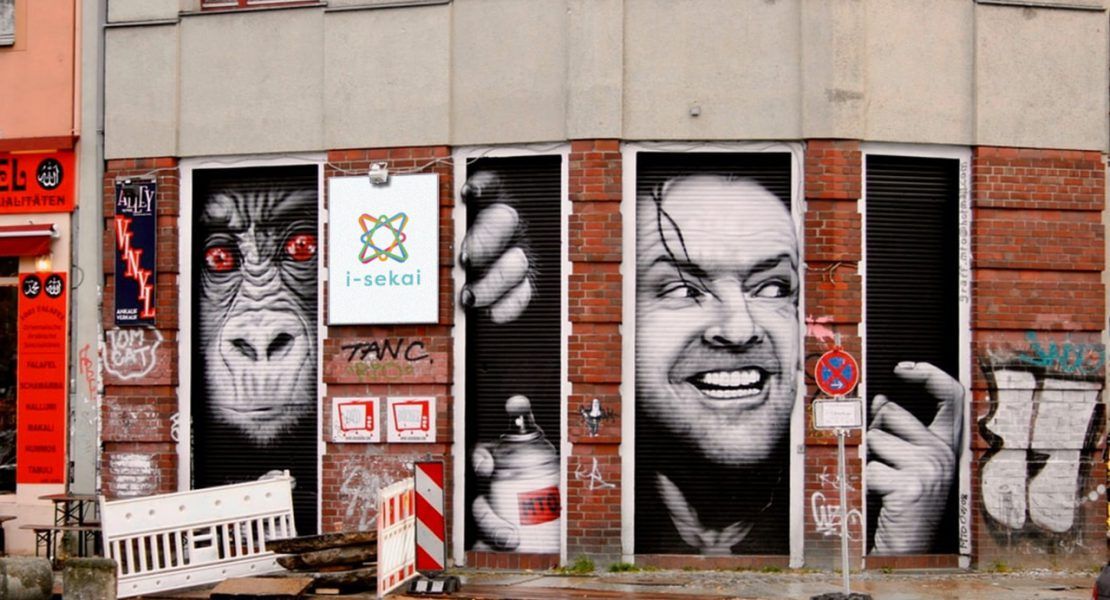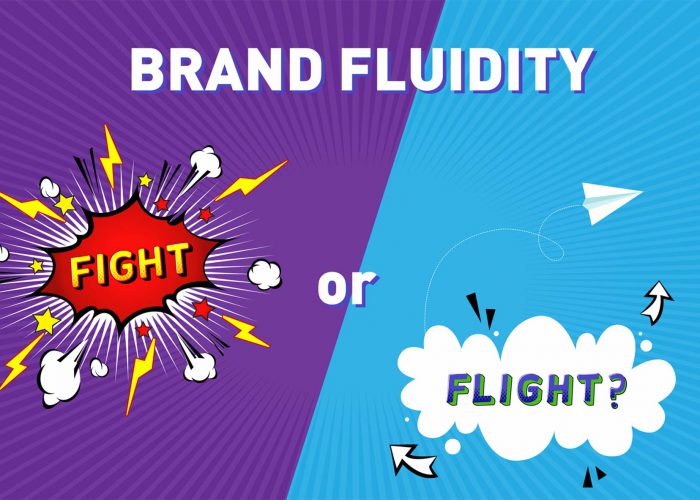Taking work in-house in times of corona? What comms teams can learn from agencies

Corona or no Corona: In-house communications team have been in transformation for years. Driven by shrinking budgets, the desire to operate with more flexibility and independence, and the rising expectation of communications within organizations, there has been an ongoing evaluation of the work given to external agencies to determine what parts can be moved to internal teams. Headquarter teams are put in charge not just of strategy and project management, but also more specialized functions such as planning, creative, media buying, and even the tactical execution across channels and markets. Highly qualified in-house hires are accelerating the trend. Some companies even go so far as to set up an in-house agency.
It appears that in-house communications teams have become serious competitors to agencies.
The corona crisis is creating cost pressures reminiscent of the last financial crisis. On top of that it is changing how we work together. Home office and remote work, previously frowned upon by many, is now the norm. But beyond the increased digitalization of work processes, there are other, more fundamental changes taking place. The crisis is a catalyst of a development that was already on the way: to achieve more agility when working across markets, channels and external agency relationships, communications functions are expanding and upgrading their-house teams.
This trend then poses three questions to in-house teams:
- How can they offer best-in-class career development to attract and retain the talent needed to achieve the desired independence from external agencies?
- How can they be effective, motivated and successful while working in a partly remote organization?
- How can they achieve a complete focus on value-creation for the organization?
While in-house teams and agencies may be operating in very different structures, processes and organizational cultures, there are experiences and strengths that come naturally to agency teams and could hugely benefit in-house teams in this situation. Having led international agency teams, often remotely, for many years, we’ve asked ourselves what in-house teams can learn from agencies as they expand their capacities and capabilities. Here are five strengths unique to agencies that can become game changers:
- Profit-Centre Mindset. In times of cost-cutting, any area that can’t show it’s significant value to the business gets cut first. Agencies are profit centres with revenue and margin goals – so they live by this maxime. Agency managers are trained to allocate resources not by personal preference but wherever they create the most value for the firm. All projects start with a projection of time investment for every member of the team. Time invested is tracked via (the beloved) timesheets, which are checked against plan. In case of discrepancies, corrections are made, resulting in most cases in either efficiency measures or renegotiation with the client.
- Creativity rules the roost. At agencies creativity and innovative solutions are held in the highest regard, to the extent where they’ve become the raison d’etre for many firms in the industry. Without creativity there’s no business, no talent, no reputation, which is why great ideas and campaigns are put on such a high pedestal. There’s a strong focus on hiring the best creative talent, as well as training teams to boost creative thinking and celebrating creativity at award shows. In-house teams can also hugely benefit from creative specialists, who bring new perspectives to teams that are ‘stuck’ and push for innovative solutions. These skillsets are especially needed in times of rapid change and shouldn’t be shut down by risk minimization efforts born out of crisis management mode.
- Adhocacy First. Pragmatism and rapid action are key to managing the current crisis – two qualities that are deeply ingrained in agency teams. Good agencies don’t reward those who stay in their box and busy themselves playing politics or covering their tracks. Whoever is present in the moment and takes decisions right then and there that positively impact the pitch, the press release, the presentation, the media interview or the social media post gets the credit. This enables a culture of helping hands, across siloes, without considering processes or hierarchies. Teams are encouraged to directly approach colleagues several levels higher or in markets halfway around the world in order to quickly get the support they need. The same goes for client interaction, where teams are trained to take the most direct path, with little regard for hierarchies. The often long and winding road of the corporate world slows teams down and creates inefficiencies. Agency teams manage entirely according to client deadlines, everything on their side is designed to be as fast and efficient as possible – which also explains the limited centralized structures in many agencies.
- Team spirit. When team interaction is limited to emails, phone calls and videoconference, something is missing. Informal chats and daily banter are part of the glue that keeps a great team together. Agencies under strong leadership are driven by pride to belong to a great team, transcending divisions, business units and country borders. There’s a solidarity and a commitment to each other that helps carry teams through tough times. Even international teams that aren’t bound by P&L can develop an amazing culture of ‘we’, if united behind a strong vision – even if they have never met in person. This is why many communicators stay on the agency side,
despite the challenge in keeping a work-life balance and the tremendous pressure they are at times subjected to by clients. Inspired agency teams get up in the
morning because they’re part of a team that wants to do great work together. In- house teams that manage to recreate this team spirit will be motivated and in synch even when working remotely.
- Center stage. At all times but especially in a crisis, team members that are fully invested and working hard to add value need to be recognized. The guiding principle at agencies is “lead from the front”. They excel at recognizing achievements and reward team members who push the boundaries of their comfort zone, display
courage in difficult situations and are not afraid to step into the lion’s den. In-house teams can embrace this spirit and reject their position as a support function. An
organization’s reputation is core to the business, those who manage it actively and successfully deserve the same respect and recognition as those working in sales or R&D.
The corona crisis is an extreme pressure test for in-house teams and agencies alike. Pre- corona we may have been talking about the need to transform and evolve, steadily, and without a clear timeline. Now we’re forced to evolve or perish in all areas of our professional lives. And while we never consented to this giant experiment, it presents opportunities to establish a new working culture.
Cornelia Kunze and Moritz Kaffsack are co-owners of i-sekai, a virtual boutique consultancy specialized in international communications and co-founders of fluid, a global collective of independent consultants. They have held leading roles in-house and in agencies in Europe, Asia and the US. I-sekai works with communications teams to build up in-house resources and more effectively run international communications programs.





